


Applications are welcome from organizations that are diverse in terms of geography, scale of operations, and focus of arts programming; as well as organizations that work at the intersection of the arts and other domains, such as community development, health/well-being, climate/environment, or economic development.
Learn more about eligibility in the guidelines below.
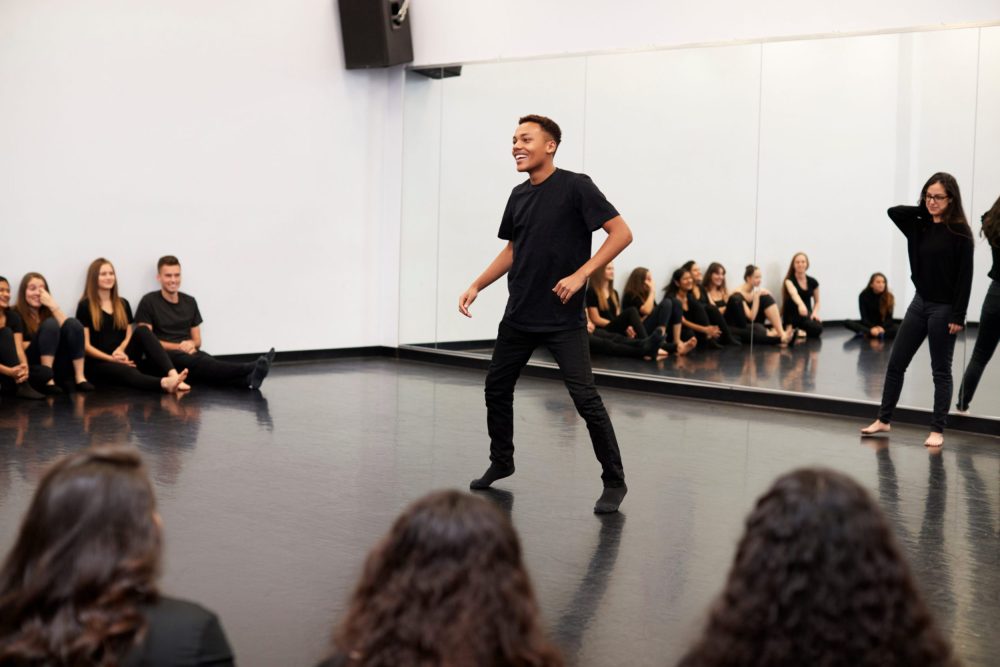
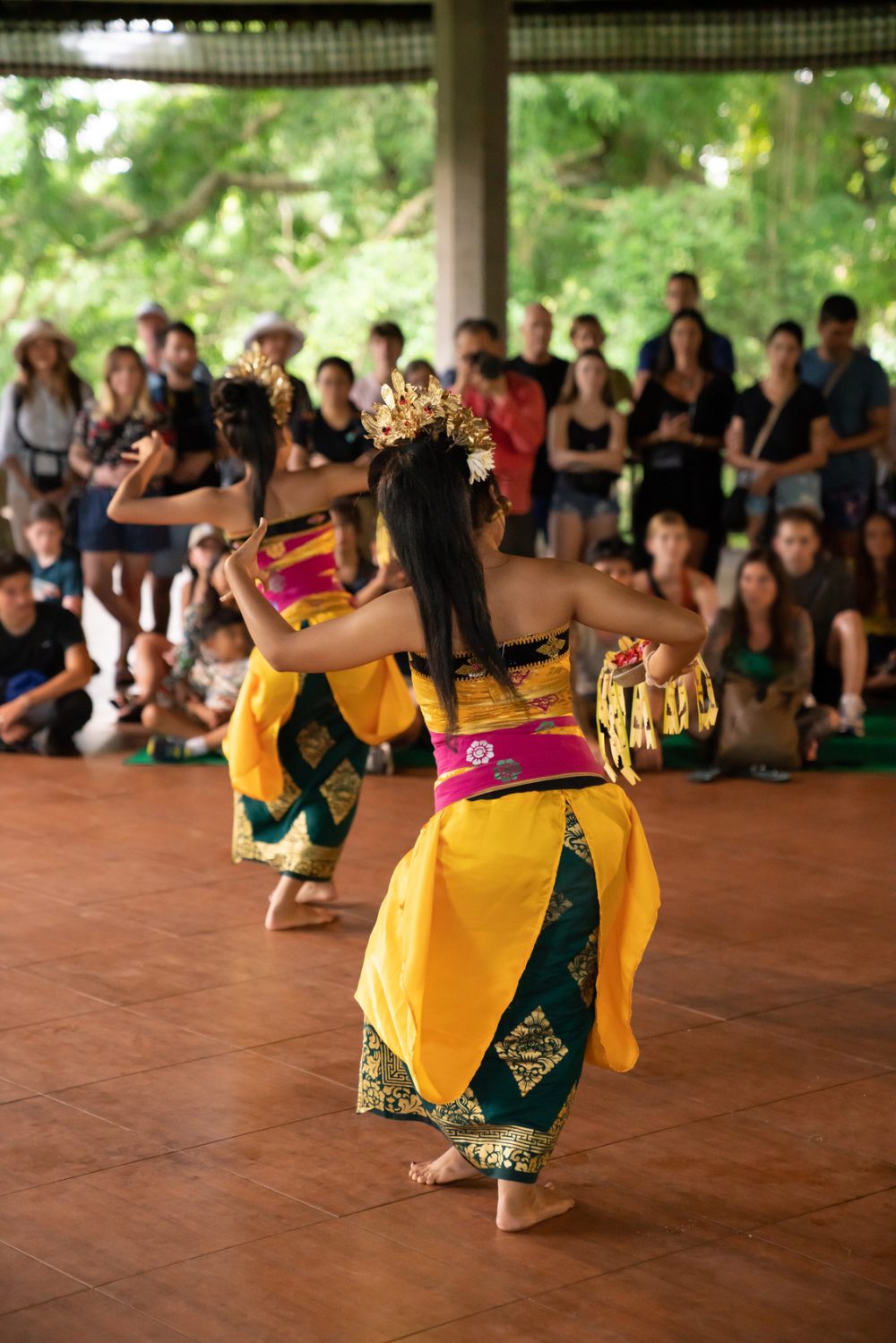
The National Endowment for the Arts (NEA) awards thousands of grants each year to provide diverse opportunities for arts participation. However, historically underserved communities with rich and dynamic cultural identities continue to report lower arts participation rates than other groups. To address these disparities and better understand these dynamics, the NEA, in partnership with South Arts and in collaboration with the five other U.S. Regional Arts Organizations (RAOs), launched a new grant program, ArtsHERE.
ArtsHERE supports organizations that have demonstrated a commitment to equity within their practices and programming and have undertaken consistent engagement with underserved groups/communities. Grants are for specific projects that will strengthen the organization’s capacity to sustain meaningful community engagement and increase arts participation for underserved groups/communities. Grantees have access to peer-learning and technical assistance opportunities designed to share knowledge and build networks.
As a pilot program, ArtsHERE will be documented and evaluated by the National Endowment for the Arts to better understand the project activities supported and how grantees approached this work.
The National Endowment for the Arts (NEA), as part of the nation’s arts and cultural ecosystem, supports diverse opportunities for arts participation in communities across the United States and its jurisdictions so that all people can live more artful lives. “Artful lives” is an inclusive concept encompassing everything from the creation and presentation of art by trained artists and public engagement with this art, to the way the arts are a part of our everyday lives through making, doing, teaching, and learning.
Despite these efforts, historically underserved communities with rich and dynamic cultural identities continue to have lower arts participation rates than other groups. Participation in and engagement with the arts is essential to our individual well-being, the well-being of communities, and to our local economies.
To better understand these dynamics and address the disparities in arts participation, the National Endowment for the Arts (NEA) in partnership with South Arts and in collaboration with the other five U.S. Regional Arts Organizations (USRAOs), is launching the ArtsHERE pilot grant program.
ArtsHERE will invest in a range of projects from eligible organizations throughout arts and cultural ecosystems that have demonstrated a commitment to equity within their practices and programming. Examples of commitment to equity include the following: programming that is reflective of the community they serve, planning activities that are inclusive of diverse voices, etc., and have undertaken consistent engagement with underserved groups/communities that have rich and inspiring artistic and cultural contributions to share.
For the purpose of these funding guidelines, “underserved group/community” refers to those whose opportunities to experience the arts have been limited by factors such as geography, race/ethnicity, economics and/or disability. At least one of these characteristics must be evident in the proposed project. Age alone (e.g., youth, seniors) does not qualify a group as underserved.
The intent of ArtsHERE is to strengthen the capacity of organizations that are already engaging with underserved groups/communities to boost arts participation, learn from their experiences in undertaking this work, and connect these organizations to each other and to other relevant entities through technical assistance and peer-learning opportunities intended to bolster, amplify, and extend effective strategies and ways of working. In the long-term, investments made through the ArtsHERE program will build grantees’ capacity to sustain meaningful community engagement, and increase arts participation for underserved groups/communities.
Why apply for an ArtsHERE grant?
ArtsHERE grantees will benefit from:
Part 1-Statement of Interest
Part 2-Submit Full Application (By Invitation)
The following are eligible to apply:
Applicants from the nation’s 50 states, the District of Columbia, and U.S. jurisdictions are eligible to apply.
The applicant organization must have programs or services centered in arts and/or cultural activities.
Prior to January 19, 2024, the applicant organization must have completed a three-year history of arts and/or cultural programming.
All applicants must have a Unique Entity Identifier through the System for Award Management (SAM.gov) for the grant to be made.
The following are not eligible to apply:
Late or incomplete applications are considered ineligible, and will not be considered for funding.
An organization may submit only one application for an ArtsHERE grant.
Our support of a project can begin no sooner than October 1, 2024 and must end not later than June 30, 2026. Grantees must complete all project activities within the Period of Performance. Grantees are expected to participate in the cohort throughout the entire Period of Performance.
Grants range from $65,000 to $130,000 each. Grants do not require a cost share/match from the grantee.
Panelists will evaluate applications based on the review criteria, which includes the applicant’s ability to carry out the project. To that end, keep your organization’s size and internal capacity in mind when deciding how much to request. Selecting a grant amount is solely the decision of the applicant.
South Arts reserves the right to limit support of a project to a particular portion(s) or cost(s).
The activities and costs listed below are not allowable and should not be included as part of your project or budget.
ArtsHERE will use a two-part application process to minimize the applicant burden of a single, lengthy application. See “How to Apply” below for more details of application process
See How to Apply for more details.
Artistic excellence and artistic merit are the primary criteria which will be considered by screeners and panelists during the review of statements of interest (Part 1), and in applications (Part 2).
For the purposes of ArtsHERE, artistic excellence, and artistic merit can be understood as the organization’s use of the arts in any discipline as a core component of consistently engaging its community or serving and/or reaching individuals whose opportunities to experience the arts are limited by race/ethnicity, economics, geography, or disability. Artistic excellent and artistic merit are evidenced through these primary review criteria:
The secondary review criteria listed below will be used to ensure that a diverse group of organizations are selected and funded through ArtsHERE.
*For the purpose of application review, “underserved group/community” refers to those whose opportunities to experience the arts have been limited by factors such as geography, race/ethnicity, economics, or disability.
For each review criterion, panelists will assign a numeric score based upon the following rubric:
Applicant feedback is not available for Part I, however, applicants can request feedback for Part II. To request copies of panelist scores and comments, contact the ArtsHERE program staff at the U.S. Regional Arts Organization within which you reside.
Please see the ArtsHERE Tutorials and Webinars Page for detailed step-by-step instructions that will walk you through the application process.
Before you get started, though, please carefully read the following:
ArtsHERE will use a two-part application process to minimize the applicant burden of a single, lengthy application.
All applications must be submitted electronically (both Part 1 and Part 2) using the GO Smart Grants Management System Portal (“GO Smart”). Applicants must set up a profile within the GO Smart system before completing the application.
While it is not required at the time of application, your organization must have a Unique Entity Identifier, also known as a “UEI, before any grant funds can be received. In order to avoid any project delays, applicants are encouraged to obtain the UEI as soon as possible. The UEI is a 12-character alpha numeric value that will be assigned by the System for Award Managment (SAM) for free. You are not required to have a full SAM.gov registration. The information required for getting a Unique Entity ID without registration is minimal. It only validates your organization’s legal business name and address.
If you have questions about SAM registration or obtaining a UEI, contact the SAM Federal Service Desk. Call 1-866-606-8220 or see the information posted on the SAM website at SAM Help.
Please visit our Contact Us section for your Regional Arts Organization’s program contact information.
If selected, the organization must have a Unique Entity Identifier (UEI) from SAM.gov before an award can be made. Regardless of where an applicant organization is located, grants will be awarded and administered by South Arts. Additionally, the organization will enter into a grant agreement with South Arts. The agreement will outline the terms and conditions, including Federal regulations as well as project and crediting requirements of the ArtsHERE program award.
Grantees must comply with all requirements as stipulated in the grant agreement, including, but not limited to the following:
ArtsHERE is a federally funded grant program, managed by South Arts, on behalf of the National Endowment for the Arts. In addition to South Arts Terms and Conditions, there are national policy and other legal requirements, statutes, and regulations that govern your grant award.
Before applying, review the ArtsHERE reporting requirements. A progress report must be submitted at the end of the first year, followed by a Final Descriptive Report within 30 days of the end of the grant period of performance. If you have any questions, contact staff at the U.S. Regional Arts Organization within which you reside before applying.
Through the progress report and final report, you are required to provide evidence of project accomplishments including, but not limited to, work samples, community action plans, cultural asset studies, programs, reviews, relevant news clippings, and playbills. Remember that you are required to maintain all project documentation, including financial records for 48 months following submission of your final reports.
As part of the evaluation, all grantees are expected to participate in baseline data gathering and contribute regular feedback on their participation in ArtsHERE, including technical assistance provided through the initiative.
Beyond the required data collections, all grantees will have an opportunity to participate in optional evaluation activities, including but not limited to interviews, documentation sharing, and a technical working group. An informed consent notice will be made available at the time of application, and an informed consent form, to be reviewed upon the acceptance of a grant award, will provide information that organizations can use to decide if they will participate in optional evaluation activities. Grantees may opt-in or -out of optional evaluation activities at any time without jeopardizing the grant award. Grantees that choose to participate in optional evaluation activities will receive, for time spent, financial compensation.
Grantees must clearly acknowledge support from the NEA and South Arts using approved logos and crediting language highlighted below * in their programs and related promotional material, including publications and websites. Additional acknowledgment requirements from each USRAO may be provided later.
*ArtsHERE is an initiative of the National Endowment for the Arts in partnership with South Arts and in collaboration with the other five U.S. Regional Arts Organizations.
Grantees are expected to carry out a project that is consistent with the proposal that was approved for funding by South Arts. Grantees must notify South Arts immediately of any significant changes in their project, including budget or staffing, that occur after they have submitted their application. Notification must be made by contacting your RAO grant administrator. If the project or the organization’s capacity changes significantly before an award is made, South Arts may recommend revising or withdrawing the funding recommendation.
Approval of change requests is not guaranteed. Detailed information is included the above referenced General Terms & Conditions.
The ArtsHERE team held a program and application webinar on Thursday, November 30 from 2:00-3:30 p.m. ET, which was recorded and made available below
Need more information or help with your Statement of Interest? Sign up for a slot during your RAO’s ArtsHERE office hours for some one-on-one time with program staff.
IA, IL, IN, MI, MN, ND, OH, SD, WI, and the Native Nations that share this geography
Contact artshere@artsmidwest.org for support.
AR, KS, MO, NE, OK, TX, and the Native Nations that share this geography
Contact artshere@maaa.org for support.
DC, DE, MD, NJ, NY, PA, PR, USVI, VA, WV, and the Native Nations that share this geography
Contact artshere@midatlanticarts.org for support.
CT, MA, ME, NH, RI, VT, and the Native Nations that share this geography
Contact artshere@nefa.org for support.
AL, FL, GA, KY, LA, MS, NC, SC, TN, and the Native Nations that share this geography
Contact artshere@southarts.org for support.
AK, AS, AZ, CA, CNMI, CO, GU, HI, ID, MT, NM, NV, OR, UT, WA, WY, and the Native Nations that share this geography
Contact artshere@westaf.org for support.
Following the webinar (the recording is available above), the ArtsHERE team assembled a Frequently Asked Question document.
Download the Frequently Asked Questions
If your questions are not addressed in the document above, connect with your USRAO representative for additional support.
If you would like to help us share information about ArtsHERE with your colleagues, networks, and constituents, you may access our Communications Toolkit here.
Our regional program staff is happy to provide more information or answer any questions you may have. Please reach out to them directly using the contact information below.

Program Manager
612.238.8020
artshere@artsmidwest.org

Director, Arts and Humanities Grant Programs
816.421.1388 x227
artshere@maaa.org
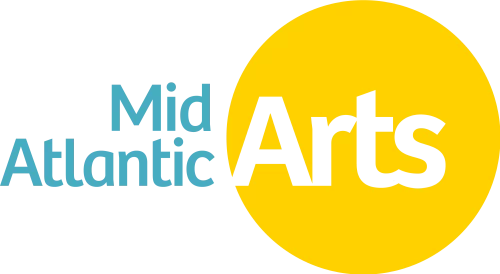
Program Director, Creativity in Community
410.539.6656 x119
artshere@midatlanticarts.org
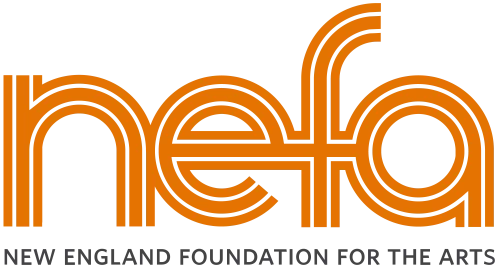
Program Manager, Regional Grants and Initiatives
617.865.1825
artshere@nefa.org
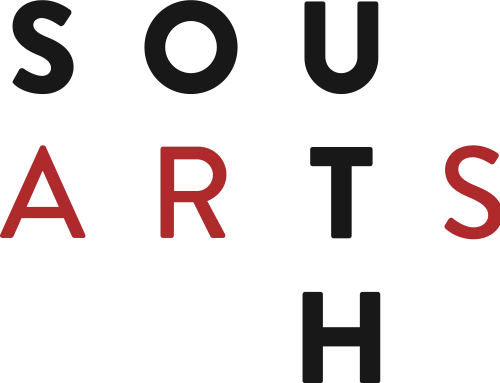
Director, Arts Partnership
404.874.7244 x111
artshere@southarts.org

Grants Specialist
303.629.1166 x881
artshere@westaf.org
Thank you for your interest in ArtsHERE. The submission window for ArtsHERE Statements of Interest closed on January 19, 2024. Applicants will be notified of their status by March 1, 2024. The guidelines on this page are for reference only.
If you would like to learn about additional programs from the National Endowment for the Arts or your local Regional Arts Organization, please visit arts.gov or your respective RAO website for more information.
El plazo de presentación de declaraciones de interés de ArtsHERE se cerró el 19 de enero de 2024. Los solicitantes serán notificados de su estado antes del 1 de marzo de 2024. Las pautas a continuación son solo como referencia.
Si desea obtener información sobre programas adicionales del Fondo Nacional de las Artes (National Endowment for the Arts, NEA) o su organización artística regional local (Regional Arts Organization, RAO), visite arts.gov o su sitio web de RAO respectivo para obtener más información.

ArtsHERE is an initiative of the National Endowment for the Arts in partnership with South Arts and in collaboration with the other five U.S. Regional Arts Organizations. Wallace Foundation is supporting a partnership between the National Endowment for the Arts and U.S. Regional Arts Organizations by providing matching funds to support ArtsHERE.